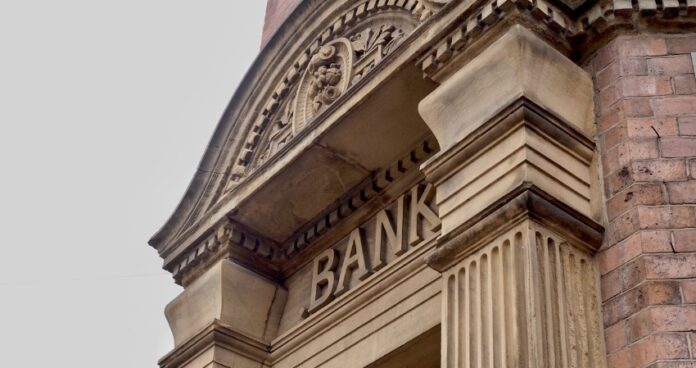The federal cabinet has approved the promulgation of the Income Tax Amendment Ordinance 2024, abolishing the 15% additional tax on profits banks earn from lending to the government while increasing the standard income tax rate for banks from 39% to 44%. This decision made just days before the fiscal year for banks closes, is expected to generate Rs65 billion for the government by December 31.
According to news reports, Prime Minister Shehbaz Sharif chaired the meeting that formalised an agreement between the Pakistan Banks Association (PBA) and the federal government.
The ordinance, which awaits President Asif Ali Zardari’s approval, provides legal cover for past transactions and revises the tax framework for banks.
Under the new structure, the 44% tax rate will apply for the current tax year ending December 31, 2024. This will gradually decrease to 43% in 2026 and 42% in 2027 and beyond. Previously, banks were required to pay an additional tax if their lending to the government exceeded a set threshold.
Deputy Prime Minister Ishaq Dar led the negotiations, securing a compromise with the banking sector. The government had initially attempted to waive the 15% tax in June without recouping the losses. However, this plan was abandoned after public scrutiny, leading banks to increase private-sector lending to avoid the levy.
To resolve the issue, PM Sharif constituted a high-level committee chaired by Dar. The agreement entails abolishing the 15% additional tax while raising the standard income tax to 44%. Despite the higher rate, sources suggest banks will benefit, as full recovery under previous rules could have exceeded 45%.
The ordinance also makes changes to the First and Seventh Schedules of the Income Tax Ordinance, clarifying provisions for calculating gross advances-to-deposit ratios (ADRs). The additional tax, originally introduced in 2022 to encourage lending to industries, had led banks to readjust their lending portfolios to avoid the levy.
Minister of State for Finance Ali Pervaiz Malik described the ordinance as a reasonable deal, aimed at encouraging capital formation and promoting voluntary lending to the private sector. He emphasized that the government does not intend to intervene directly in private lending markets.
The Federal Board of Revenue (FBR) faces a significant revenue shortfall, having collected Rs5.08 trillion by December 27 against a target of Rs6.009 trillion by December 31 to meet IMF conditions. The revised tax rate is a crucial step in bridging the gap.




